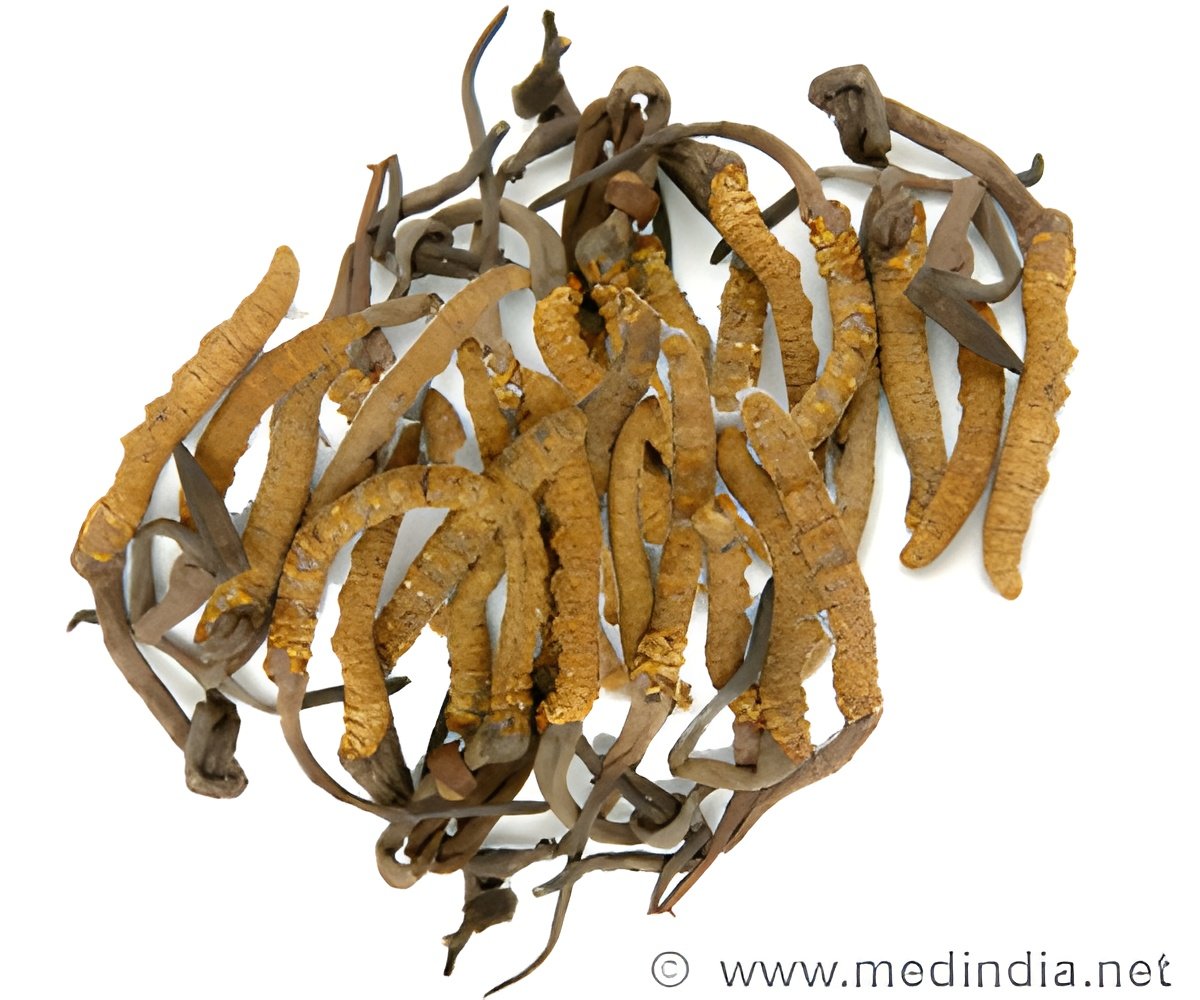
Scientists at The University of Nottingham have been studying how this fungus could work by studying cordycepin, one of the drugs found in these mushrooms.
They have already discovered that cordycepin has potential as a cancer drug.
Now, they have found that it could also have anti-flammatory benefits with the potential to help sufferers of asthma, rheumatoid arthritis, renal failure and stroke damage.
The research, led by Dr Cornelia de Moor in the School of Pharmacy, showed that cordycepin reduces inflammatory gene products in airway smooth muscle cells - the cells that contract during an asthma attack.
Several studies have suggested that cordycepin could be an effective drug for a variety of conditions, including cancer, stroke, kidney damage and inflammatory lung disease but until now it was unclear how cordycepin could bring about so many different beneficial effects at the cellular level.
Advertisement
"Commonly used anti-inflammatory drugs either work much earlier in the activation of inflammatory genes, such as prednisone, or work on one of the final products of the inflammatory reaction (e.g. ibuprofen). These findings indicate that cordycepin acts by a completely different mechanism than currently used anti-inflammatory drugs, making it a potential drug for patients in which these drugs don't work well," she noted.
Advertisement
Dr de Moor's research suggests that this is because inflammatory genes can be very rapidly induced and that cordycepin has its many and varied effects by altering the synthesis of other classes of rapidly induced genes as well.
If this is true if could be said that cordycepin slows down the rapid cellular responses to tissue damage and may work by preventing the over-activation of these responses, which are associated with conditions such as asthma, rheumatoid arthritis, renal failure, cancer and stroke damage.
However, it also indicated that cordycepin could have adverse effects on normal wound healing and on the natural defences against infectious diseases.
Their study has been described in the academic journal RNA.
Source-ANI











